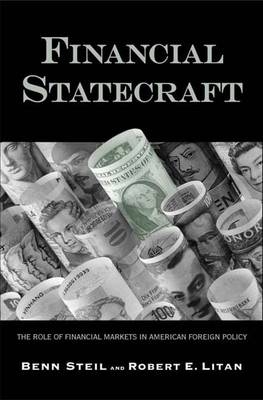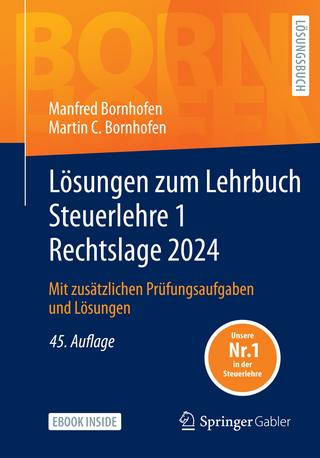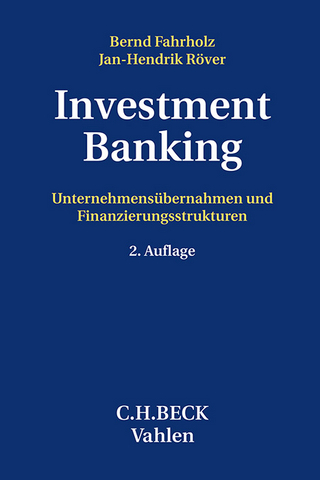
Financial Statecraft
The Role of Financial Markets in American Foreign Policy
Seiten
2006
Yale University Press (Verlag)
978-0-300-10975-7 (ISBN)
Yale University Press (Verlag)
978-0-300-10975-7 (ISBN)
- Titel ist leider vergriffen;
keine Neuauflage - Artikel merken
As trade flows expanded and trade agreements proliferated after World War II, governments - most notably the United States - came increasingly to use their power over imports and exports to influence the behaviour of other countries. But trade is not the only way in which nations interact economically.
As trade flows expanded and trade agreements proliferated after World War II, governments, most notably the United States, came increasingly to use their power over imports and exports to influence the behaviour of other countries. But trade is not the only way in which nations interact economically. Over the past two decades, another form of economic exchange has risen to a level of vastly greater significance and political concern: the purchase and sale of financial assets across borders. Nearly $2 trillion worth of currency now moves cross-border every day, roughly 90 percent of which is accounted for by financial flows unrelated to trade in goods and services - a stunning inversion of the figures in 1970. The time is ripe to ask fundamental questions about what Benn Steil and Robert Litan have coined as 'financial statecraft', or those aspects of economic statecraft directed at influencing international capital flows. How precisely has the American government practised financial statecraft? How effective have these efforts been? And how can they be made more effective? The authors provide penetrating and incisive answers in this timely and stimulating book.
As trade flows expanded and trade agreements proliferated after World War II, governments, most notably the United States, came increasingly to use their power over imports and exports to influence the behaviour of other countries. But trade is not the only way in which nations interact economically. Over the past two decades, another form of economic exchange has risen to a level of vastly greater significance and political concern: the purchase and sale of financial assets across borders. Nearly $2 trillion worth of currency now moves cross-border every day, roughly 90 percent of which is accounted for by financial flows unrelated to trade in goods and services - a stunning inversion of the figures in 1970. The time is ripe to ask fundamental questions about what Benn Steil and Robert Litan have coined as 'financial statecraft', or those aspects of economic statecraft directed at influencing international capital flows. How precisely has the American government practised financial statecraft? How effective have these efforts been? And how can they be made more effective? The authors provide penetrating and incisive answers in this timely and stimulating book.
Benn Steil is senior fellow in international economics at the Council on Foreign Relations and the editor of International Finance. Robert E. Litan is vice president of research and policy at the Kauffman Foundation and senior fellow in the Economic Studies Program at the Brookings Institution.
| Erscheint lt. Verlag | 31.1.2006 |
|---|---|
| Zusatzinfo | Illustrations |
| Sprache | englisch |
| Maße | 156 x 234 mm |
| Themenwelt | Wirtschaft ► Betriebswirtschaft / Management ► Finanzierung |
| Wirtschaft ► Volkswirtschaftslehre ► Finanzwissenschaft | |
| Wirtschaft ► Volkswirtschaftslehre ► Makroökonomie | |
| Schlagworte | Staatsfinanzen |
| ISBN-10 | 0-300-10975-X / 030010975X |
| ISBN-13 | 978-0-300-10975-7 / 9780300109757 |
| Zustand | Neuware |
| Haben Sie eine Frage zum Produkt? |
Mehr entdecken
aus dem Bereich
aus dem Bereich
Buch | Softcover (2024)
Springer Gabler (Verlag)
CHF 34,95
Allgemeines Steuerrecht, Abgabenordnung, Umsatzsteuer
Buch | Softcover (2024)
Springer Gabler (Verlag)
CHF 39,20
Unternehmensübernahmen und Finanzierungsstrukturen
Buch | Hardcover (2024)
Vahlen (Verlag)
CHF 179,95


